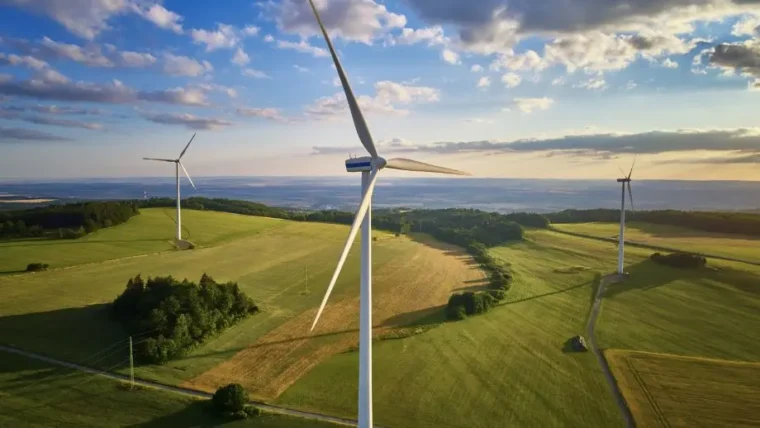Fortnightly Bulletin – 15th June 2020
16 June 2020

Legal Updates
COVID-19 Regulatory Position Statements – England and Wales
The Environment Agency (EA) have made further additions to Regulatory Position Statements (RPS) in response to COVID-19, covering circumstances where they are relaxing normal regulatory requirements. The RPSs include: COVID-19 and storing waste at unpermitted sites due to exceeding your storage limits (RPS C17).
COVID-19 and environmental regulations – Scotland
The Scottish Environmental Protection Agency (SEPA) have made further additions to changes in regulation in response to COVID-19.
- Managing waste during COVID-19: Information for waste producers – Temporary guidance is provided for producers of waste in Scotland during the COVID-19 outbreak.
- Managing waste during COVID-19: Information for the waste management sector – Temporary guidance is provided for Scottish waste management operators during the COVID-19 outbreak.
- Temporary Regulatory Position Statements and Guidance due to COVID-19 – The following temporary regulatory position statements were published by SEPA. These address challenges surrounding the management of household waste in Scotland during the COVID-19 outbreak: Temporary Household Waste Collection Points and Reopening Household Waste Recycling Centres.
Environmental Protection (Disposal Of Polychlorinated Biphenyls And Other Dangerous Substances) (England And Wales) Regulations 2000
The Environmental Protection (Disposal of Polychlorinated Biphenyls and other Dangerous Substances) (England and Wales) (Amendment) Regulations 2020 will amend the 2000 Regulations on 1st July 2020.
The 2020 regulations apply stricter requirements on PCB-contaminated equipment, reducing the contamination threshold for obligations to apply:
- Transformer fluids with PCB content of more than 0.005% by weight (50ppm) may not be used after 31st December 2025, unless the unit holds less than 50 millilitres of these fluids.
- After 31 December 2025, the transformers must be decontaminated or disposed of as soon as possible.
- The volume-based exemption of units containing five litres or less of potentially PCB-contaminated fluids is reduced to 50 millilitres.
Holders of equipment, where it is reasonable to assume fluids contain 0.005% or less of PCBs or have a total volume of 50ml or less of PCB-contaminated fluid, may label it as “PCBs contaminated <0.05% or <0.05dm3”.
Guidance
Environmental Permitting
Core guidance for those operating, regulating or interested in facilities covered by the environmental permitting regime has been updated. The main changes relate to operator competence describing the requirements for operator competence including the role of management systems. Click here to view the changes.
Fines and Prosecutions
Investigations into Environmental Incidents continue during lockdown
Natural Resources Wales (NRW) is carrying out a joint investigation with the Police into damage to a water vole habitat in North East Anglesey. A member of the public reported the incident to NRW following concerns that damage to a water vole habitat was taking place. Environment Officers attended the site and identified extensive works had been carried out without the necessary environmental permits.
As a Category 1 Emergency Responder, NRW has a duty to respond to environmental incidents. NRW also deals with wildlife and habitat offences in Wales. Work on main rivers requires an environmental permit from NRW.
Webinars
Compostable Packaging: Its Role in the UK And the Need for Better Supply Chain Alignment
17th June 10:30am -11:30am
A move to compostable, biodegradable and bio-based plastics is an attractive alternative to businesses for reasons beyond the reduction of plastic pollution. Alternative packaging options in place of plastic have been on the market for some time, with both biodegradable and compostable options being preferred by consumers for the perceived environmental benefits. The panel aim to explore the role that compostable packaging may play in our future lives, and how we may manage these new and varied materials in our waste streams. Register here.
Communicating Climate Change
23rd June 9:00am – 10:00am
How can we best communicate on Climate Change?
Communicating on Climate Change for action and commitment. How can we communicate climate change and embed it into our communications in a way that is accessible and relatable? What are the key considerations and how can we be most effective? In this IEMA webinar you will hear from leading professionals who use a range of tactics to get the message across. Register here.









